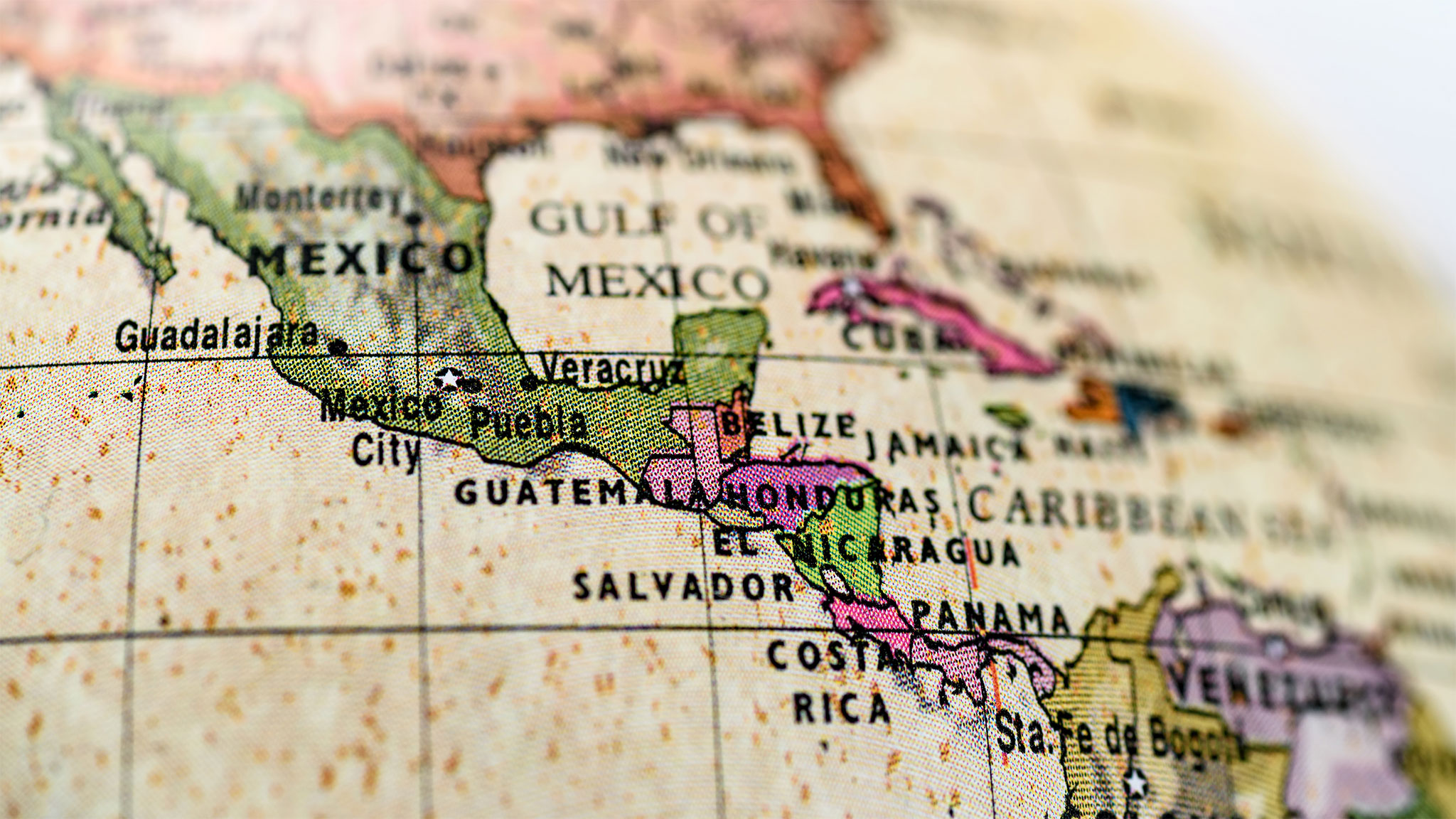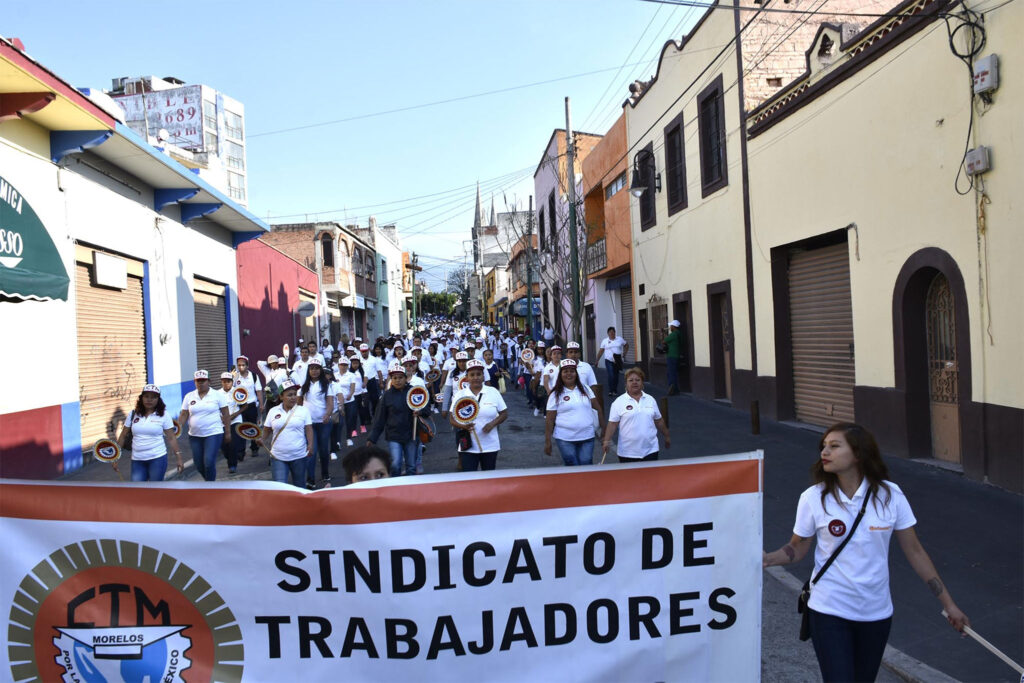Towards a Foreign Policy of Dialogue
This editorial by Napoleon Gomez Urrutia originally appeared in the August 28, 2025 edition of La Jornada, Mexico’s premier left wing daily newspaper. The views expressed in this article are the author’s own and do not necessarily reflect those of the Mexico Solidarity Project.
The instability of international relations is explained by the complex and uncertain context in which they exist. While the prevailing discourse aims to strengthen the sovereignty, freedom, and democracy of nations, in practice we observe that international relations are driven by unilateral actions. These actions, which have proven insufficient to resolve global conflicts, produce distrust between countries and give rise to disagreements that ultimately directly affect global security and the inhabitants of these nations. Recent examples, such as the tensions between Mexico and the United States, the war in the Ukraine, or the crises in the Middle East, demonstrate that these strategies not only fail in their objective but also generate tragic consequences, accentuating instability and human suffering. From this context, the question arises: what should we aim to do to stabilize relations between nations?
This volatile reality underscores the urgent need to consolidate an international policy that offers security and equity for all countries. Deep-rooted inequalities, protected by the economic and political interests of certain powers, continue to be a source of tension and mistrust.
Contemporary societies are divided by borders, both tangible and virtual, that represent obstacles to social cohesion and global cooperation. Breaking down these barriers requires, in addition to time, strong political will, accompanied by concrete actions that foster effective collaboration and minimize polarization.
It is urgent to promote an international political system that encourages democratic mechanisms and economic incentives aimed at the full and equitable development of each nation. Only in this way can a world order be built that guarantees universal dignity, security, and prosperity. Within this framework, it is pertinent to question, as Vladimir Putin, President of Russia, has done in various statements, the unipolar tendency of international politics; that is, placing decision-making criteria in the hands of a single power or a single nation. The stance that defends this centralization of international power undermines the democratic principle of diversity and the equitable participation of those who make agreements. It also hinders nations whose political systems have not yet approached the democratic quality that would allow them greater development from advancing toward strengthening their sovereignty and participation in the global system. At times, international programs and organizations end up fostering unhealthy dependencies for global peace that harm populations, creating the perfect conditions for political radicalization and, considering a potentially dire consequence, terrorism.
Speaking specifically about our country, Mexico faces a key juncture for diversifying its economic and trade policy. Reducing excessive dependence on preferred markets would strengthen our strategic autonomy and reduce vulnerability to external crises. More than ever, our country must protect and develop its autonomy and sovereignty: first, because this guarantees the well-being of the Mexican people; second, because this autonomy allows for relations with the world where exchanges are fair, balanced, and truly fruitful. Thus, the selection and appointment of diplomatic representatives—ambassadors, consuls, and negotiators—must be rigorous: those who speak for Mexicans in international contexts must have the expertise, independence, critical thinking, and high capacity to defend national interests in the face of external pressure.
It is essential to promote a political system that provides incentives and economic incentives to develop the full potential of each nation involved, which requires openness to cooperation. If we succeed in establishing an international system that grants the opportunity for development to every individual, we can build a democratic world order that guarantees dignity, security, and prosperity for all.
Historical and political evidence shows that unilateralism and imposition foster conflict and obstruct lasting solutions. On the contrary, a foreign policy oriented toward genuine dialogue and transparency lays the foundation for a more equitable and trustworthy global order. Given that political systems change over time, fostering international relations based on transparency, respect, and trust requires a willingness to engage in ongoing global dialogue, where disagreements are addressed rationally and with a shared vision of well-being.
Amid this complex situation, Mexico has the opportunity to consolidate a foreign policy that reflects its aspirations for autonomous development and genuine international cooperation. Diversifying its economic relations and strengthening the professionalization of its diplomacy will position the country as a solid and respected interlocutor in the global arena. It is imperative to move toward an international system in which dialogue, trust, and respect are the cornerstones, ensuring that security and prosperity are shared and accessible to all nations.
Napoleon Gomez Urrutia is General Secretary of the National Union of Mining, Metallurgical, Steel and Similar Workers of the Mexican Republic, and a former Morena Senator.
-
Mexico’s Largest Trade Union Federation Adds 2 to Leadership Race
Three candidates vie for the leadership of what is generally regarded as a corporatist behemoth, while the possibility of a national unity ticket looms, dimming the potential sharp debate.
-
Predation & Neo-latifundismo
The government must be very cautious, as the neoliberal regime handed out mining concessions to its predatory cronies like candy, more than half of the national territory ended up in their hands in one way or another.
-
People’s Mañanera February 9
President Sheinbaum’s daily press conference, with comments on scholarships, return of mining concessions, PRIAN exposed, Bad Bunny Super Bowl, and aid to Cuba.




